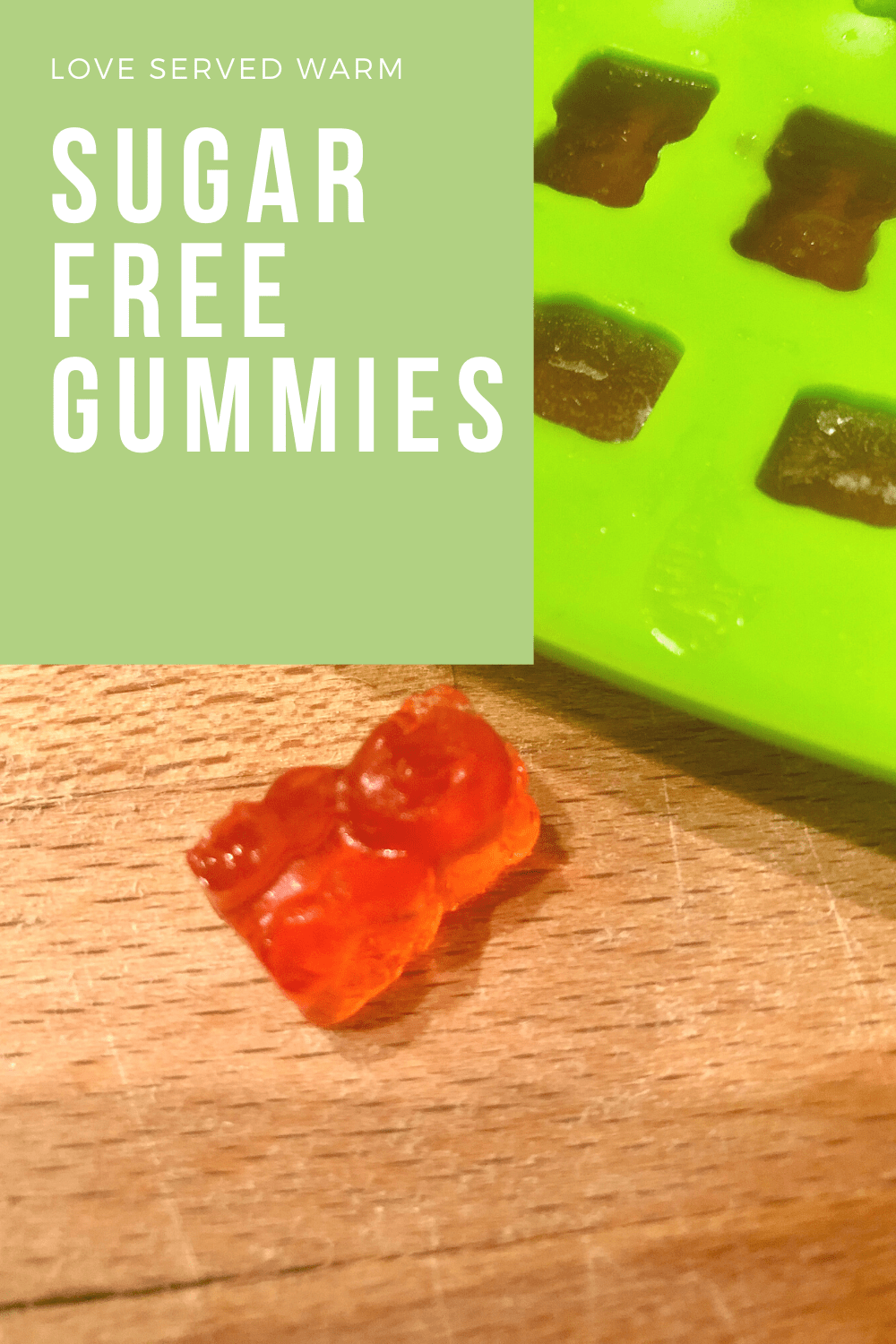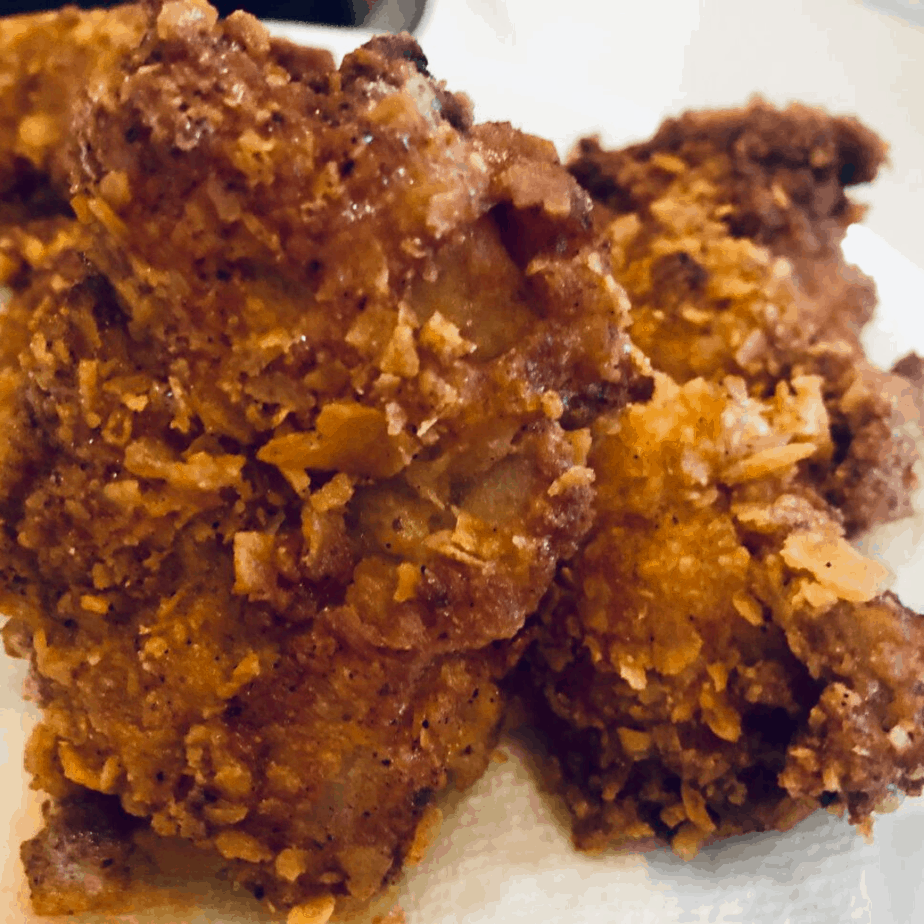With the ketogenic diet growing in popularity, not everyone is a fan. While the Ketogenic diet may work wonders for some, there are a select few that report having no success on the Ketogenic diet.
[interact id=”5f539e95bb2c9f0014579d36″ type=”quiz”]
Let’s discover 10 of the biggest misconceptions when it comes to the Ketogenic Diet.
1. Shying away from fats
Our whole lives we have conditioned to believe that fat is bad for us.
Farthest thing from the truth.
We have been led to believe that fat is the major culprit of obesity. However, that doesn’t explain why fat tastes so good to us. We have a natural affinity for fat. Fat is, in fact, good for us, if it comes from the right sources.
According to Healthline, the brain is the fattiest organ in the body. 60% of the brain is mainly composed of fat.
On the ketogenic diet, our liver breaks down the fats we consume and turn them into ketones. Ketones are then used as the primary source of energy, once a person is in Ketosis.
2. Macros- Protein

This seems to be a major misconception of the Ketogenic Diet. Many people believe that by just opting for no bun on their burger, they are in fact adhering to the ketogenic diet.
Nothing could be farther from the truth. The Ketogenic diet provides the best results when your macros are calculated and used as a guide for dietary intake.
Meats are acidic. Vegetables are alkaline. An acidic diet is associated with poor health outcomes. People who consume too many meats, often get sick and blame the Ketogenic diet for their illness.
Alike our carbohydrate limit, protein should be limited to 25% of your caloric intake. Protein can also be calculated as 0.6 to 0.8 grams of protein for every pound of lean body mass you have.
Consuming too much protein can lead to a situation where our bodies cannot break down the excess protein. This leads to the body converting excess protein into glucose, putting us back at square one.
3. Adequate Rest
With the rise of technology, we are now busier than ever.

In this very busy and sometimes stressful world that we live in, we often forget to take breaks to address our mental health and “unwind”.
Not sleeping enough can also be an additional factor for stress on the body. When the body is undergoing a stressful situation or even, the body tends to hold on to weight due to the body’s’ production of cortisone during periods of stress. Cortisone is especially problematic for excess fat accumulation around the mid-section.
While the amount of sleep varies from person to person based on individual variables. Most experts agree that the right amount of sleep varies between 7-9 hours of sleep a night.
4. Overindulging
We are all responsible for this at one time or another. You step on the scale to realize you’ve lost another pound and what better way to celebrate than to have a cheat meal!
When someone commits to the Ketogenic Diet, my advice is to not have any cheat meals or overindulgences for the first 6 months. While committing to the ketogenic lifestyle it is important to abstain from the foods that may derail your progress.
While I agree it is silly to abstain from a food or a group of foods for the rest of your life. I do believe self-control is needed at the beginning of the ketogenic diet until the lifestyle has been established, usually around 6 months.
[interact id=”5f539e95bb2c9f0014579d36″ type=”quiz”]
5. Keto Diet is a One Size Fits All

Like most good things, the ketogenic diet is not a one size fit all. There are many variations to the ketogenic diet, and the variations are dependent on the individual making the lifestyle changes.
There are some foods that are keto-approved that may elicit a different response. Some examples may be artificial sweeteners. While some people report success using artificial sweeteners, some have been reported to kick some people out of ketosis.
It is important at the beginning of the ketogenic diet to document everything that you consume daily while checking your ketone levels. In order to track what foods knock you out of Ketosis, you must document and check ketone levels daily.
While some people report success on the ketogenic diet consuming 50 grams of carbohydrates daily. You may find that in the beginning, while your body transitions from being insulin resistant the number of carbs necessary to remain in ketosis may be slightly less.
There are many variables in the ketogenic diet. Do not compare your journey to anyone else, or allow anyone to discourage you due to their weightless. Finding the right set of keto variables that work for you can take time, but its success will surely be worth it.
6. You have to shy away from salt
Alike fat, we are also conditioned to be salt-phobic. However, the right kind of salt can have benefits for us on the ketogenic diet.
The ketogenic diet acts as a diuretic. Much of the weight loss in the first few days of the ketogenic diet is water weight. Through the process of the body getting rid of excess water, it also eliminates some key electrolytes necessary for optimal performance in the body.
Through the diuretic effect of the ketogenic diet, the kidneys may eliminate large quantities of sodium, potassium, and magnesium.
The large ” dumping” effect may cause an electrolyte imbalance responsible for what most often people call the “Keto Flu”. Symptoms of the Keto flu include;
- Constipation
- Body Aches
- Headaches
- lightheadedness
- fatigue
- Heart Palpitations
By increasing your sodium intake, specifically by increasing your intake of Pink Himalayan salt, you can help your body to regain its electrolyte imbalance. Pink Himalayan salt is rich with minerals that are not found in regular table salt.
7. You can have as many snacks as you like
We are accustomed to eating several times a day. We continue this trend despite not having an appetite.
One of the biggest misconceptions in the ketogenic diet is eating despite not being hungry. The Ketogenic diet switches your bodies’ main source of energy from glucose to ketones from fats. Because fat is metabolized at a much slower rate than glucose, it isn’t uncommon for people to feel less hungry during the day.
So when do you eat? Simply put… When you are hungry. Eating excessive snacks, keto-approved or not, can add excess calories to your diet and stall your weight loss.
8. You can consume all the dairy you want

One of the caveats of the Ketogenic diet is its ability to incorporate tasty treats like heavy cream, cream cheese, hard cheese, and butter. While these are all very tasty and tempting, dairy in excess may have negative health benefits for some.
Women, especially those suffering from Polycystic Ovarian Syndrome may be sensitive to dairy. Excess daily may result in an inflammatory effect on the body.
- Dairy ingestion can lead to increased insulin levels
- Dairy products are carbohydrates. This stimulates insulin growth factor 1 (IGF-1), resulting in high insulin levels.
- Milk contains growth-stimulating hormones
Try Eliminating dairy from your diet for the first few weeks of opting for the ketogenic lifestyle. Allow yourself an opportunity to see how dairy affects your overall progress and weightless.
[interact id=”5f539e95bb2c9f0014579d36″ type=”quiz”]
9. Overeating
Overeating is usually caused by habits. I.T is not that we are hungry, more so in fact that we are consumed by our habitual need to eat.
Websters Dictionary refers to a habit as “to a usual way of behaving or a tendency that someone has settled into”
My family has been conditioned that we celebrate around food. No matter what the occasion, my family is sure to celebrate comfort foods. Naturally, anytime something positive occurs or I feel like I deserve a treat as my first choice.
This behavior was habitual and not rooted in hunger. How do we fix it? The first step is coming to the actualization that there is a behavior that needs to be changed. The good news is with a little practice, these deeply ingrained habits can be changed.
10. The Keto Diet is Easy
There is no secret that anything that is worth acquiring is worth working hard for. The ketogenic diet is no different. While the Keto diet does require some hard work, in the beginning, its results are worth the sacrifice.
Finding your motivating factor is key to being successful on the ketogenic diet. For myself, my motivating factor was my son. Looking at him and thinking what would happen if I wasn’t around to raise him was motivating enough.
Dig Deep to find your “why”, Dig deep and find what motivates you and hold on deep to that reason. Like with any new adventure there will be detours and moments that will make you question your journey, but one thing is for sure… The results will be worth it
-XO
Tianna
[interact id=”5f539e95bb2c9f0014579d36″ type=”quiz”]










Reader Interactions